In a world buzzing with deadlines, exams, and social pressures, it's easy for students to overlook the importance of mental health. However, in the United Kingdom, there's a day dedicated to changing this narrative—Time to Talk Day. Celebrated annually, this day encourages us to break the silence surrounding mental health and start open, honest conversations. As a student, embracing Time to Talk Day is a crucial step towards fostering a supportive community.
Why Time to Talk Day Matters:
Destigmatising Mental Health: Despite progress, mental health can still carry a stigma. Time to Talk Day aims to challenge these stereotypes and normalise discussions about mental well-being. By talking openly, we break down barriers and create an environment where seeking help is seen as a sign of strength, not weakness.
Building Supportive Communities: Students face a myriad of challenges, from academic stress to the pressures of social life. Time to Talk Day provides an opportunity to connect with peers, fostering a sense of understanding and support. Sharing experiences can help create a community that stands together in navigating the ups and downs of student life.
Raising Awareness: Conversations around mental health contribute to increased awareness. They help dispel myths, educate others, and create a more empathetic society.
Tips for Starting Conversations About Mental Health:
Choose the Right Setting: Find a comfortable and private space where you and the other person can talk without distractions. This creates an atmosphere conducive to open and honest dialogue.
Be a Good Listener: Sometimes, all someone needs is a listening ear. Be attentive, non-judgmental, and offer your support. Avoid offering solutions unless they ask for advice, and validate their feelings.
Use "I" Statements: Share your feelings using "I" statements to express your own experiences. This can make the conversation less confrontational and help the other person feel less defensive.
Educate Yourself: Equip yourself with basic knowledge about mental health. Understanding common mental health conditions can help you approach conversations with empathy and sensitivity.
Encourage Professional Help: If someone is struggling, encourage them to seek professional support. Offer assistance in finding resources, such as counselling services and mental health hotlines.
Time to Talk Day is more than just a date on the calendar; it's an invitation to transform our communities through the power of conversation. As students, let's embrace the opportunity to break down the walls of silence surrounding mental health and pledge to be active participants in the mental health conversation to make a positive impact on the lives of those around us

